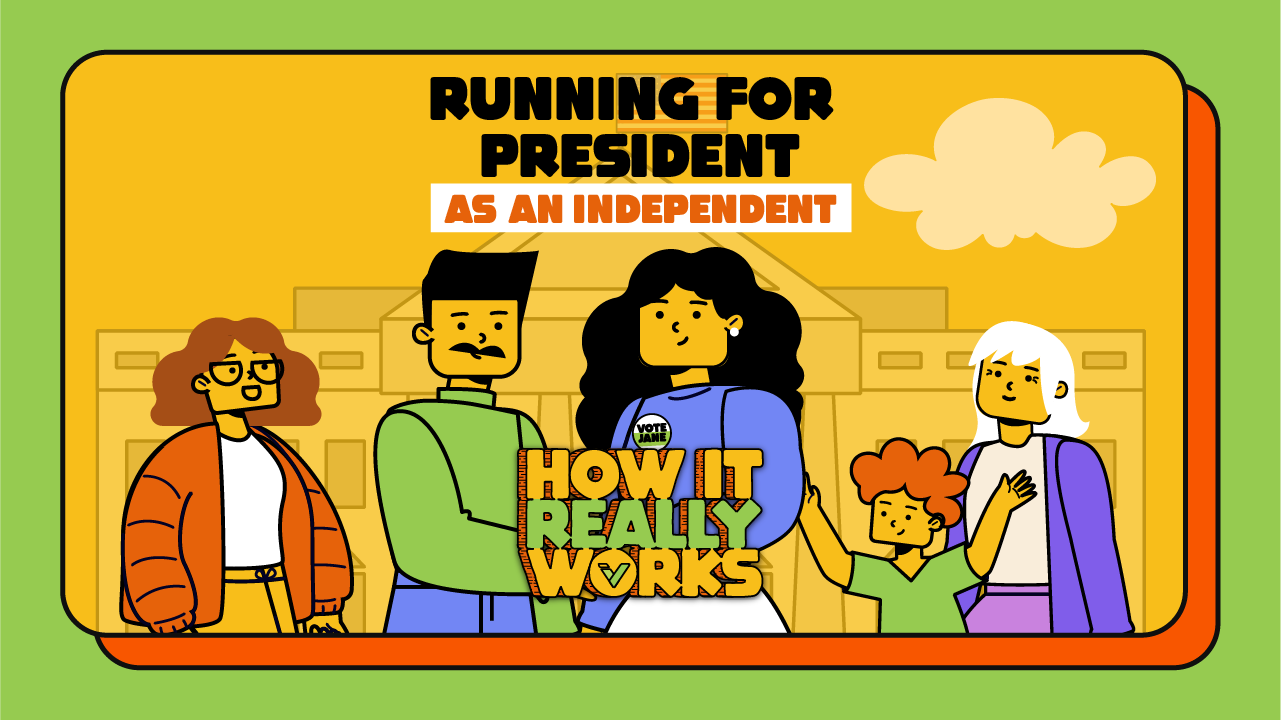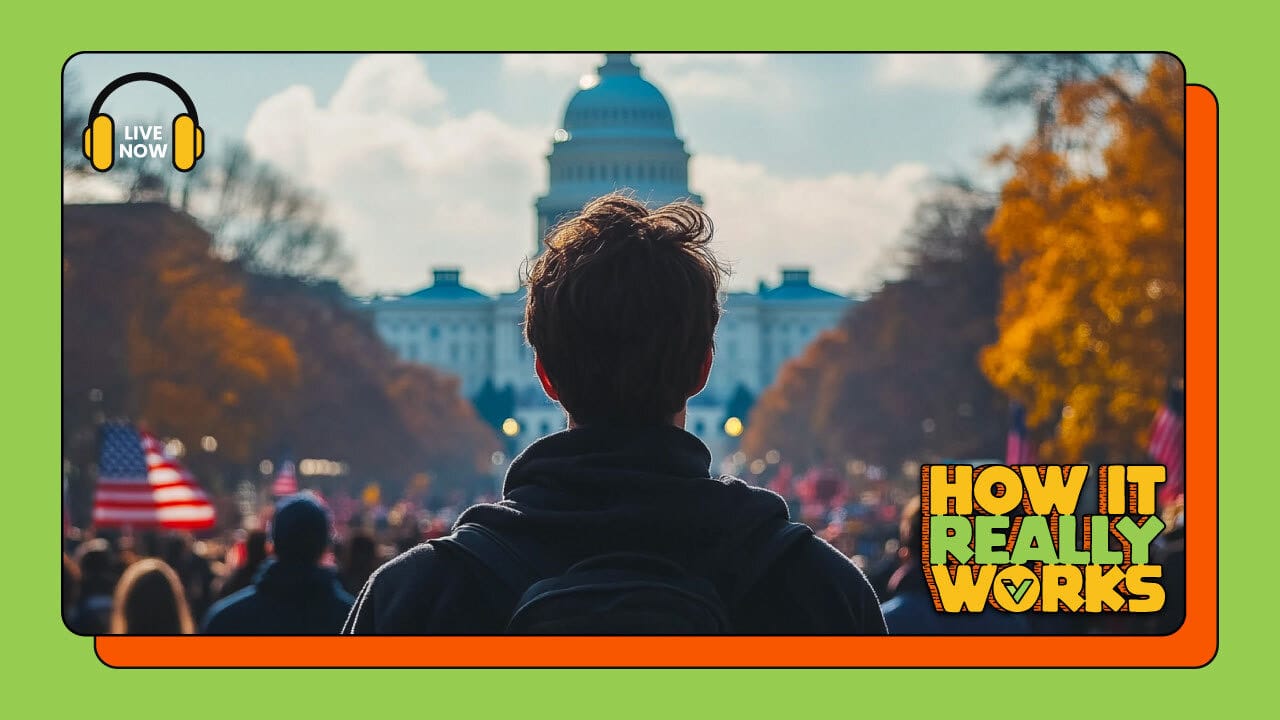Majority Rules: The Film Capturing America’s Most Radical Election Reform

Alaskans made history in 2020 when they passed the first-in-the-nation election system that not only eliminated party primaries but adopted a voting system for the general election that gave them the option to rank candidates in order of preference.
Maine and dozens of cities had already adopted ranked choice voting. Washington and California had already adopted nonpartisan primaries. The new system in Alaska built from the pioneer reforms that came before with a new possibility for American democracy.

And Alaska reformers did it in an era when many voters feel unheard and unrepresented by the people elected to bring their interests and needs to state government or Congress.
“We’re living in a represented democracy at a time when 85% of Americans don’t believe their elected officials know or need to care what they think,” said FairVote President and CEO Meredith Sumpter.
“88% of Americans across all political backgrounds don’t believe our political system is working in their interest.”
Sumpter was interviewed for Majority Rules, a film that documents the journey Alaska reformers embarked on to change the incentive structure of the state’s elections from being party-focused to voter-focused.
Majority Rules, directed by AJ Schnack, is a unique documentary in that it is evolving – much like the reform movement. It was originally released in 2024. However, new footage and reform stories are being added to an updated version slated for the Fall.
This was announced at the 2025 American Democracy Summit along with the release of a 30-minute educational cut called Majority Rules 101 in collaboration with the nonpartisan group Unite America.
The shortened version of the film explains the basics of what people need to understand about the current state of elections in the US and what nonpartisan election reform offers:
- The systemic issues that have created noncompetitive and unaccountable elections.
- A brief history of reform in the US and the impact of current elections.
- A brief history of reform in Alaska and the impact the former system had.
- How nonpartisan primaries work.
- How ranked choice voting works.
And Majority Rules uses an easily digestible metaphor based on what people do every day – pick something to eat. It shows how reforming elections isn’t as complicated as those who benefit from the status quo would have people believe.
The film features the expertise of leaders in the reform space and individuals with intimate knowledge of how US elections work, including
- Meredith Sumpter, President and CEO of Fair Vote;
- Scott Kendall, who wrote the Alaska reform measure;
- John Opdycke, President of Open Primaries;
- Rob Richie, President of Expand Democracy;
- Katherine Gehl, co-author of a groundbreaking Harvard Business School report on the failings of the American political industry;
- Elected officials like Republican US Sen. Lisa Murkowski of Alaska and Democratic US Rep. Chellie Pingree of Maine; and
- Authors, political scholars, and consultants
Together, these people help piece together a problem that isn’t partisan. It isn’t about the machinations of one side. It is about a system methodically designed over decades to benefit two private political groups and their leaders who have an outsized say in election outcomes.

This is a system that says only two parties matter. This is a system that says candidates can win with less than a majority of the vote. This is a system that protects party control over districts and renders millions of votes meaningless.
This is a system controlled by a minority, and what reformers in Alaska and across the US have offered voters is a chance at a system controlled by the majority – where incentives shift to put voters, regardless of political affiliation, first.
Check out the full 30-minute cut above
 Shawn Griffiths
Shawn Griffiths





